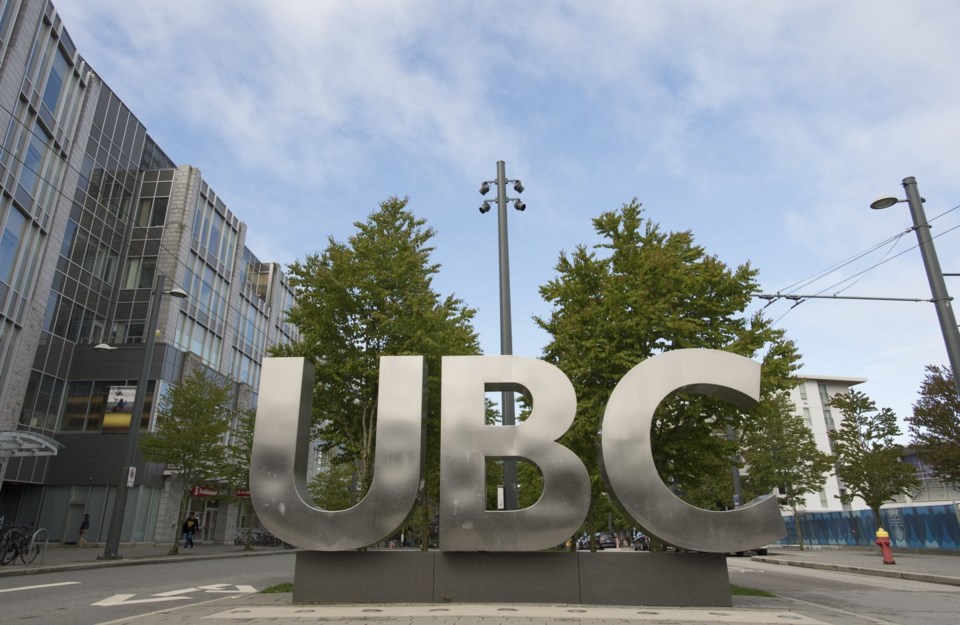VANCOUVER — The University of British Columbia has briefly reopened admissions for its graduate programs to take applications from U.S. citizens in what is a growing trend for Canadian institutions as the American president attempts to purge diversity, equity and inclusion programs.
Simon Fraser University in Burnaby, B.C., and the University of Toronto are also reporting a spike in student applicants from the United States.
Gage Averill, the University of B.C.'s provost and vice-president of academics, said they have seen a 27-per-cent increase, a "very significant spike" in applications from U.S. students since last year.
To accommodate the surging interest, the university briefly reopened applications this week for graduate programs for U.S. citizens.
Averill said several factors may come into play for the U.S. student interest, including that Canada is a "stable and progressive country," the Canadian dollar makes tuition less expensive and there's been a round of closures of graduate programs in universities in the U.S.
"There is a concerted effort to undermine a number of universities in the U.S. and to pull back on certain types of studies," said Averill.
Numerous colleges and universities in the United States have had their federal funding targeted by the government in an effort by President Donald Trump’s administration to push them to make policy changes, including on diversity, equity and inclusion programs.
The U.S. government said it would freeze more than US$2 billion in grants to Harvard University, after the institution said it would not change campus policies as demanded by the Trump administration.
Trump also questioned in a social media post on Truth Social if Harvard should retain its tax exempt status “if it keeps pushing political, ideological, and terrorist inspired/supporting sickness.”
"I think students are making decisions based on either a generalized concern for the climate — by climate, I mean social and political climate — or by specific concerns around immigration or racial status or subject of study, or even the existence of their programs," said Averill.
The recent funding cuts in the U.S. have affected research focused on marginalized communities, studies related to climate and sustainability, and migration issues, he noted.
"All of these important areas of study are finding it hard to exist in the current climate in the U.S.," said Averill.
"I think we're all concerned about what's happening to university education in the United States. These are our sister institutions, some of the greatest institutions in the world," he added.
Averill said it takes generations to build a top university, and it's heartbreaking to see attacks on educational institutions.
He said they don't want to take advantage of "American university misery" right now, but on the other hand, those students need options, and it's important for Canadian institutions to provide it for them.
There are about 1,500 students from the United States currently enrolled at the university, and the number is expected to continue to grow.
Simon Fraser University said its faculty of graduate studies also saw a 23-per-cent increase in applications from U.S. citizens compared with last year.
The University of Toronto said it too is seeing a "meaningful increase" in applications from American students compared with previous years.
It’s not just American students who are looking north, Averill said, professors are showing a similar interest in coming to Canada to advance both their careers and research.
The day after Trump won the election, Averill said he received many emails from U.S. professors who found themselves “staring down a future that looked much less secure.”
“So, the recruitment scene has been very active right now, as we're recruiting for — whether it be deans or chairs or professorships — we have a really strong pool of American candidates to draw from.”
— with files from The Associated Press
This report by The Canadian Press was first published April 17, 2025.
Nono Shen, The Canadian Press




